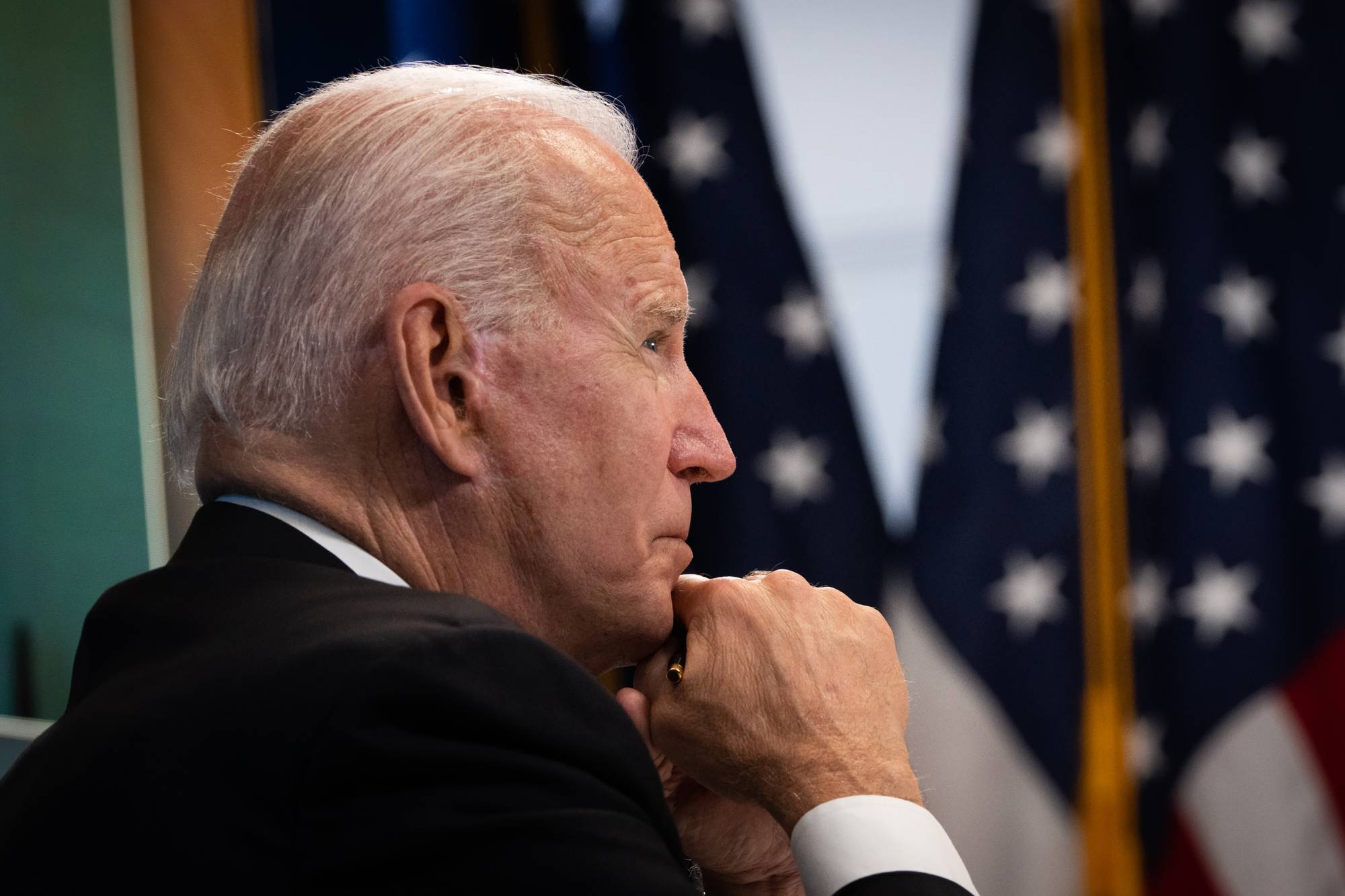The Biden administration faces the sobering reality that returning to the Iran nuclear deal may no longer be feasible, as the Islamic Republic finds ways to cope with U.S. sanctions and races toward the capacity to build a bomb.
U.S. officials are reviewing their options after months of talks on re-entry into the accord failed to produce an agreement, according to people familiar with the discussions. Although still calling for a quick return to the pact as a pathway toward a "longer and stronger” deal, the U.S. is willing to weigh alternatives, including the interim step of limited sanctions relief in exchange for Iran freezing its most provocative proliferation work, they said.
That prospect is partly a response to heightened tensions with the election and last week’s inauguration of Iran’s new hard-line president, Ebrahim Raisi, and a spate of provocative incidents including rocket strikes on Israel by Iran-backed Hezbollah militants and the attack on an oil tanker off the coast of Oman. Iran has denied responsibility for the strike on the HV Mercer Street, which killed a Romanian and a British citizen and added to jitters in oil markets.


















With your current subscription plan you can comment on stories. However, before writing your first comment, please create a display name in the Profile section of your subscriber account page.